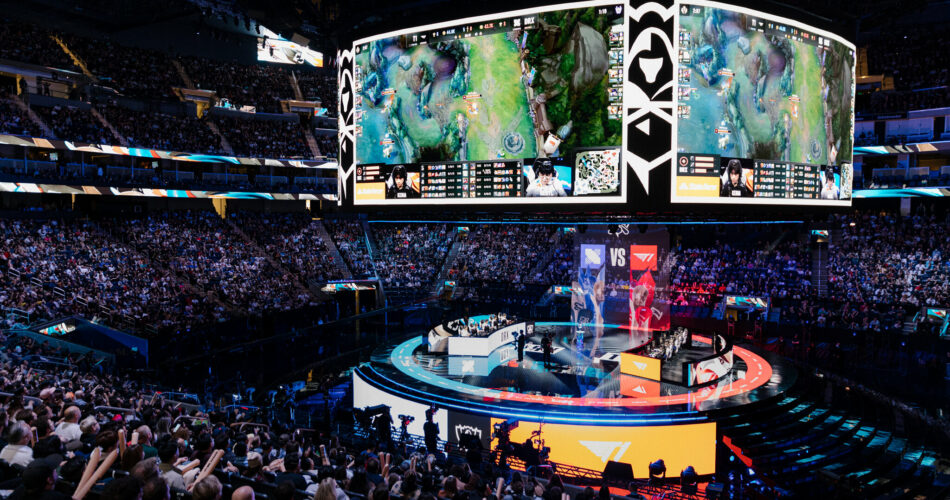In recent years, esports and online sports gaming have transcended mere entertainment to become a multi-billion-dollar industry with a global reach. What started as a niche hobby has evolved into a mainstream phenomenon, captivating millions of fans and attracting substantial investments from both traditional sports entities and corporate giants. This paradigm shift underscores the transformative power of digital technology in reshaping the landscape of sports and entertainment.
Esports, short for electronic sports, refers to competitive video gaming where professional players compete individually or as teams in organized tournaments. These tournaments are often broadcasted live, drawing audiences that rival traditional sports events. Online sports gaming, on the other hand, encompasses various video game genres that simulate real-world sports such as soccer, basketball, and racing. Players engage in virtual matches, either against each other or computer-controlled opponents, leveraging sophisticated gaming mechanics and realistic simulations.
The rise of esports and online sports gaming can be attributed to several key factors. Firstly, advancements in technology have significantly enhanced the gaming experience, with cutting-edge graphics, immersive virtual environments, and seamless online connectivity. This has made gaming more accessible and appealing to a broader audience, including casual gamers and seasoned enthusiasts alike. Additionally, the proliferation of streaming platforms like Twitch and YouTube Gaming has democratized content creation, enabling players to showcase their skills and build large followings independently.
Moreover, the competitive nature of esports has sparked a fervent fan culture, reminiscent of traditional sports fandom. Fans rally behind their favorite teams and players, attending live events, purchasing merchandise, and engaging in online communities. This strong sense of community and belonging has turned esports into a global cultural phenomenon, transcending geographical boundaries and cultural differences.
From a business perspective, esports and online sports gaming represent a lucrative market with immense growth potential. Major brands, including tech companies, sports organizations, and beverage manufacturers, have recognized the marketing opportunities inherent in this space and have invested heavily in sponsorship deals and advertising campaigns. For instance, gaming peripherals companies sponsor esports teams and events, while sports apparel brands collaborate with gaming leagues to create co-branded merchandise lines.
Furthermore, media rights and broadcasting deals have become significant revenue streams for esports organizations and tournament organizers. Major networks like ESPN and Turner Broadcasting have launched dedicated esports divisions, broadcasting live tournaments and producing original content tailored to gaming audiences. This mainstream exposure has further legitimized esports as a legitimate form of entertainment and attracted new audiences to the industry.
In addition to sponsorships and media rights, revenue is generated through ticket sales for live events, in-game purchases, and subscription-based services. Esports organizations monetize their fan bases through merchandise sales, premium content, and membership programs, leveraging the same strategies employed by traditional sports franchises. This diversified revenue model has proven resilient, even in the face of economic uncertainty, making esports an attractive investment opportunity for venture capitalists and private equity firms.
Looking ahead, the future of esports and online sports gaming appears bright, with continued innovation driving growth and expansion. Emerging technologies such as virtual reality (VR) and augmented reality (AR) promise to further enhance the gaming experience, blurring the lines between the virtual and physical worlds. Additionally, the advent of blockchain technology and non-fungible tokens (NFTs) holds the potential to revolutionize esports economics, enabling new revenue streams and fostering greater fan engagement.
In conclusion, esports and online sports gaming have transcended their origins as mere forms of entertainment to become a thriving business ecosystem with global implications. With the convergence of technology, media, and commerce, the industry is poised for continued growth and innovation, attracting investments and partnerships from a diverse array of stakeholders. As the boundaries between virtual and real sports continue to blur, one thing is certain: esports is not just a game—it’s big business.



